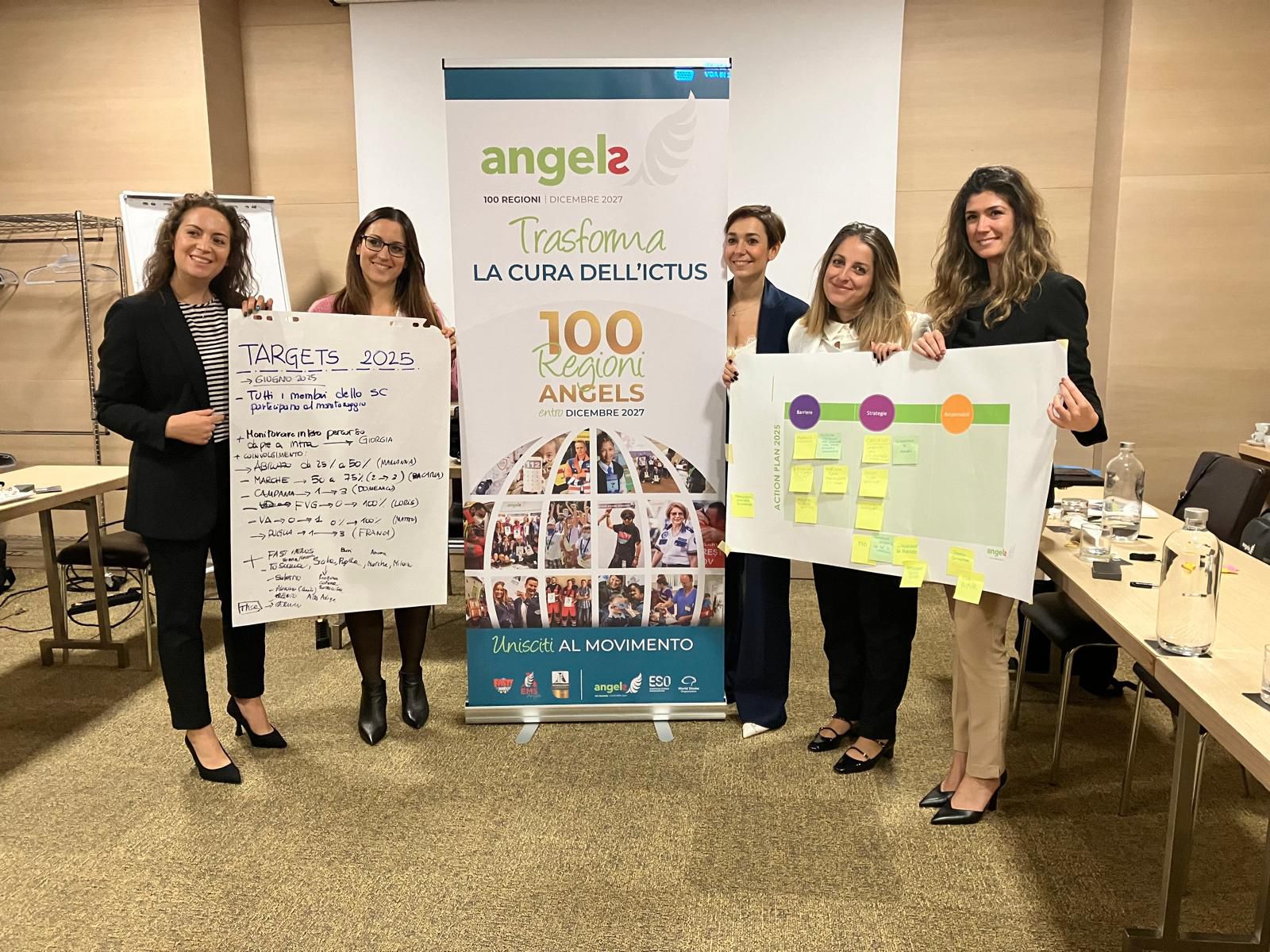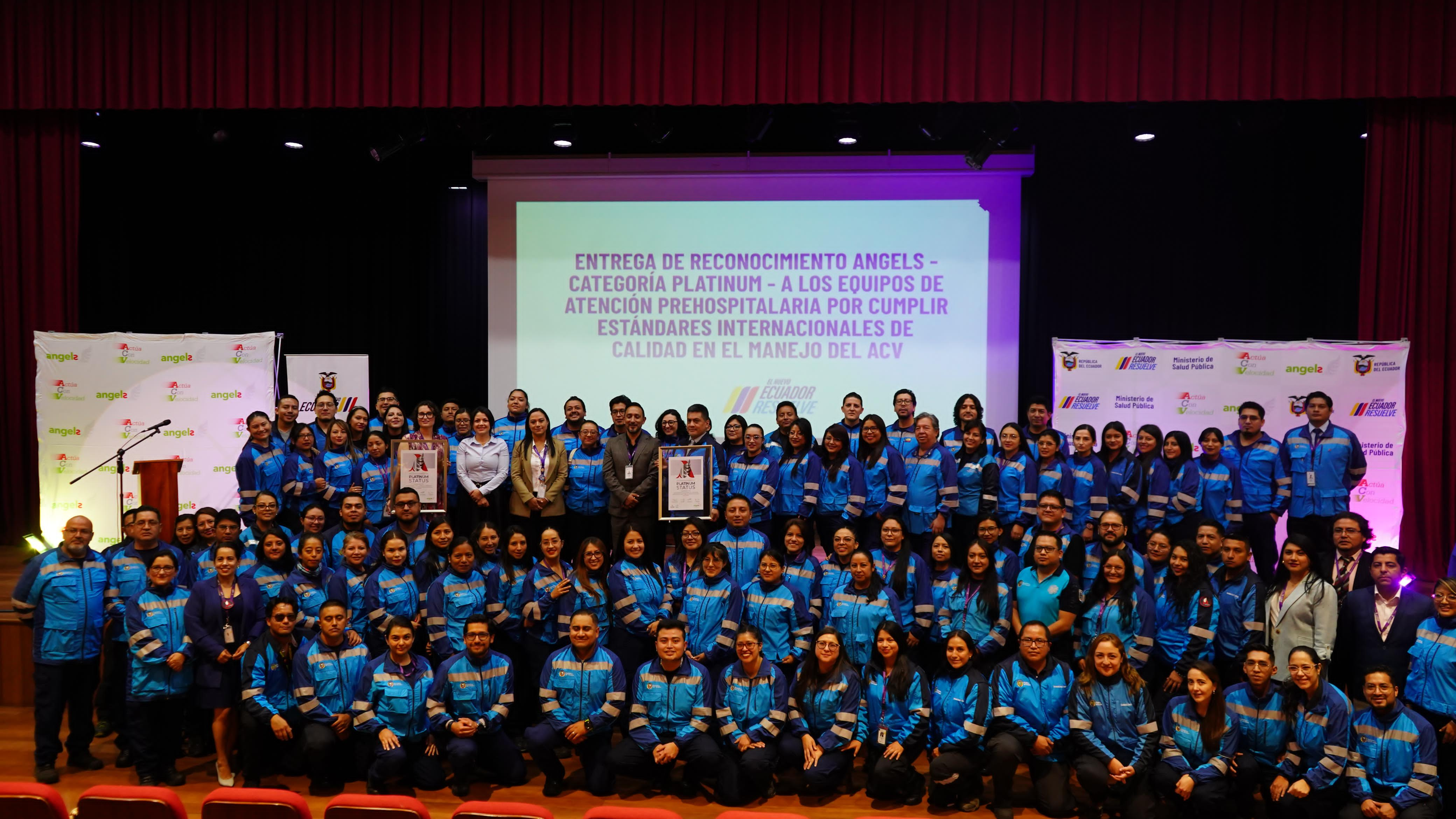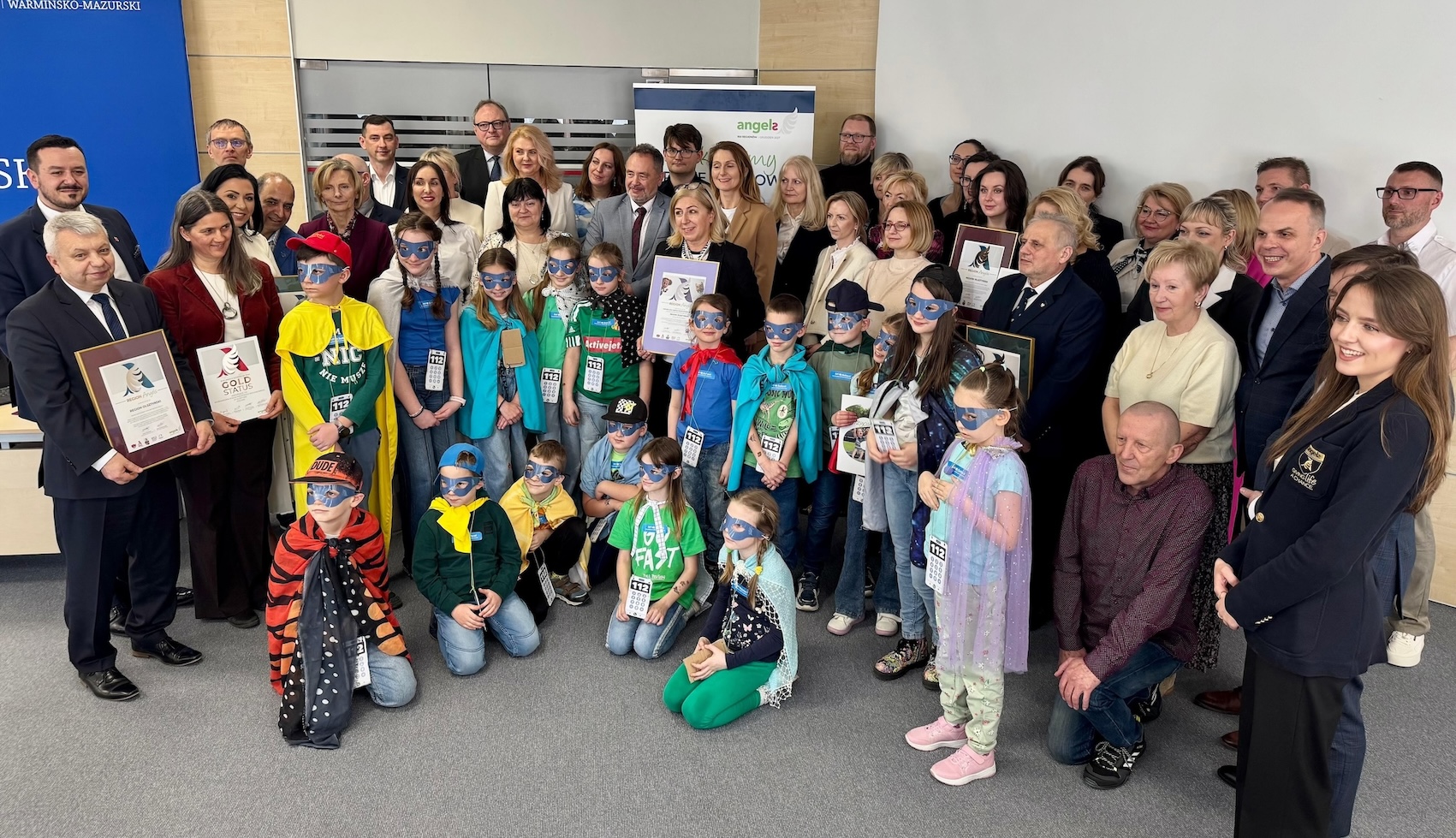Improving the quality of care for stroke patients is one of the priorities of Kazakhstan’s health system, therefore the training of doctors and nurses is a priority, writes Dr Zauresh Akhmetzhanova.

Every year, more than 40 thousand people in Kazakhstan suffer from stroke. Five thousand of those patients die within 10 days of first symptoms onset, and another five thousand would follow within the first month. Having recognized the scale of this issue, Kazakhstan’s Republican Coordination Center for Stroke Problems started a new program called "Roadmap for the implementation of the integrated model of stroke management in the Republic of Kazakhstan" in 2016.
One of the most important health care quality indicators is the percentage of ischemic stroke patients who receive recanalization therapy. In Kazakhstan, this figure stood at 3.3% by the end of 2018. The significance of this indicator is enormous and demonstrates that our patients unfortunately do not arrive within the "therapeutic window" for several reasons, such as the country’s low population density (less than 6 people per square kilometer) and the reality that patients only tend to seek medical help 6 to 72 hours after first stroke symptoms onset.

Recently, neurologists from Kazakhstan have had the opportunity to study best practices in providing medical care for stroke patients at Angels Initiative’s Train the Trainer Workshop in Germany. The two-day course consisted of various modules on pre-hospital management, hyperacute pathway optimization, decision making, CT imaging, post-acute management and quality monitoring. The impact was almost immediate.
Dr. Marta Ismailova, a neurologist from Atyrau Regional Hospital, attended the workshop in February 2019. Upon returning, she started introducing new decision-making protocols in the routine work at her stroke center and started seeing the results almost immediately. The first eligible patient since the new protocols were introduced was treated with a Door-to-Therapy time of 34 minutes. The patient’s full recovery meant he could be discharged without any neurological deficit. In a region with a population of more than 600 thousand people with around 1300 acute stroke admissions every year, Dr. Ismailova is confident that the new protocols will help her make a significant impact.
Improving the quality of care for stroke patients is one of the priorities of Kazakhstan’s health system, therefore the training of doctors and nurses is a priority. Through international projects such as the Angels Initiative, we can do more to save the lives of patients.


Integrated Model Of Stroke Management
Through international projects such as the Angels Initiative, we can do more to save the lives of patients.


